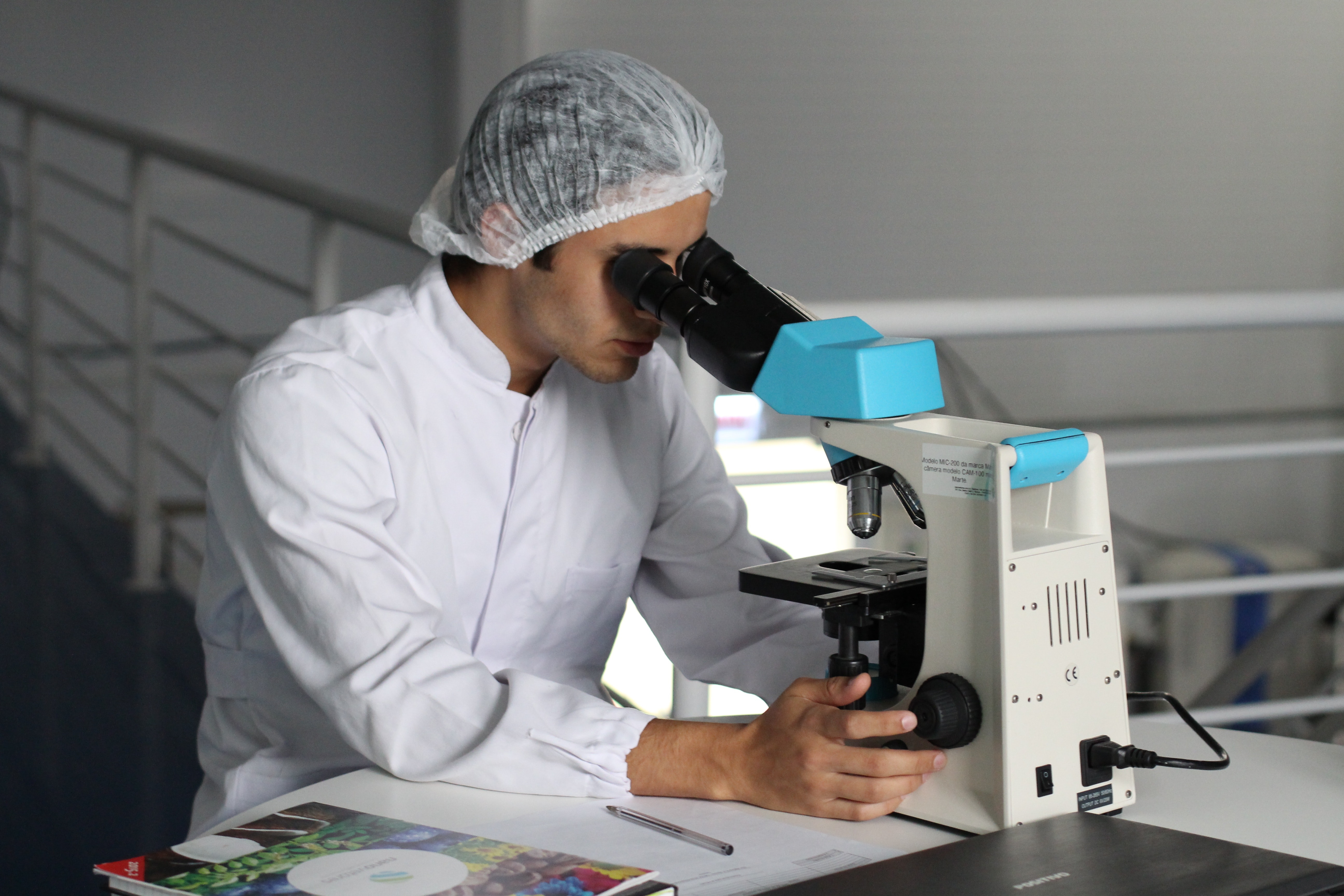Originally published in CNBC
By Florence Comite, M.D.
President Barack Obama has promised a “moonshot” to cure cancer, but the biggest obstacle to that goal could be his major healthcare achievement – The Patient Care and Affordable Care Act.
Obama said in his final State of the Union speech that vice president Joe Biden will push researchers to cure cancer within five years. It’s a worthy ambition. The American Cancer Society estimates that 1.69 million Americans will be diagnosed with cancer in 2016 and 596,000 U.S. people will die of it. Only heart disease kills more Americans.
There is, however, no single, silver bullet that will cure cancer. Cancer encompasses more than 200 diseases that are best cured by innovative precision medicine strategies.
The good news is that last year Obama embraced personalized medicine with a $215 million initiative. In his 2015 State of the Union speech, Obama announced “a new precision medicine initiative” that promises a “new era of medicine, one that delivers the right treatment at the right time, every time, to the right person.”
Unfortunately, the Affordable Care Act works against advancing personalized medicine to cure cancer because it forces doctors to employ one-size-fits-all, “evidence-based” generic therapies. That approach promotes interventions that may only be effective for patients similar to those in research studies – and that is the exact opposite of personalized medicine.
Precision medicine methods, beyond cancer therapies, include measuring unique biomarkers, and monitoring trends within an individual over time, taking into account genetics, lifestyle, and family history. Treatment models that have developed under The Affordable Care Act encourage significantly fewer tests. For instance, women who want mammograms before the age of 50 might have to pay more than before because of updated guidelines.
And genetic testing is permitted only for rare cases. The result is that the wealthy get the tests and treatments they need while middle and lower class Americans might only get the most basic of tests, which will not reveal the dangers already lurking in their body or in their genetics.
The modern war on cancer began in 1971 with President Richard Nixon’s National Cancer Act. Scientists embarked on two paths. The first approach was to identify and kill cancers; the second path was to better understand cancer at the genetic and molecular level.
Advances in understanding cancer, prompted Andrew von Eschenbach, then the director of the National Cancer Institute, to pledge in 2003 to “eliminate suffering and death from cancer by 2015.” His bold promise would only be realized through personalized medicine, he said.
“Genomics, proteomics, and emerging technologies are enabling us to profile not only diseases but the persons who bear those diseases. We can thus understand the genetic and molecular differences so that we can begin to personalize intervention strategies,” von Eschenbach said in a 2005 speech to the Center for Medical Progress.
As Biden pushes researchers to find the cure for cancer, new tools are helping us develop personalized therapies. One such breakthrough is liquid biopsies – blood tests that use traces of the cancer’s DNA in the blood to give clues about which personalized course of therapy is most likely to work for that patient. Liquid biopsies, currently being advanced by Dr. Murali Krishna Prahalad, Epic Sciences as well as Dr. Dennis Lo in Hong Kong, among others, will potentially both identify cancer even before symptoms arise as well as dictate subsequent therapeutic intervention.
Another advance is the development of new drugs – targeting the production of proteins that create cancer cells while leaving normal cells intact – that can be tailored to individual genetic variations. For example, one recent study showed that differences in colorectal cancer between younger and older patients can be distinguished genetically – something that could lead to more effective intervention for younger patients.
Unfortunately, liquid biopsies and bespoke drug therapies are discouraged by the Affordable Care Act, which stresses the link between costs and outcomes. This approach empowers insurance companies to discourage personalized treatments based on costs. If, however, we want to beat cancer we should change our approach to insurance coverage, demanding it is broadened to allow personalized medicine.
Obama’s “moonshot” is perhaps more manageable than headlines suggest. With the right research, we can cure some types of cancer and develop new therapies that will allow patients to live a life with vitality even while managing disease, not unlike what advances in HIV treatment have allowed.
Obama’s mother died of ovarian cancer at 52 and it is fitting that he put Biden, whose 46-year-old son, Beau, died of brain cancer in 2015, in charge of the effort to beat the disease. “For the loved ones we’ve all lost, for the family we can still save, let’s make America the country that cures cancer once and for all,” Obama said in his State of the Union speech.
If the president really wants to make that dream a reality, he must modify the Affordable Care Act so that it helps his push for personalized medicine instead of working against it.
Commentary by Dr. Florence Comite, an endocrinologist and founder of ComiteMD, a private precision-medicine practice in Manhattan. She is the author of “Keep It Up: The Power of Precision Medicine to Conquer Low T and Revitalize Your Life.” Follow her on Twitter @ComiteMD.

